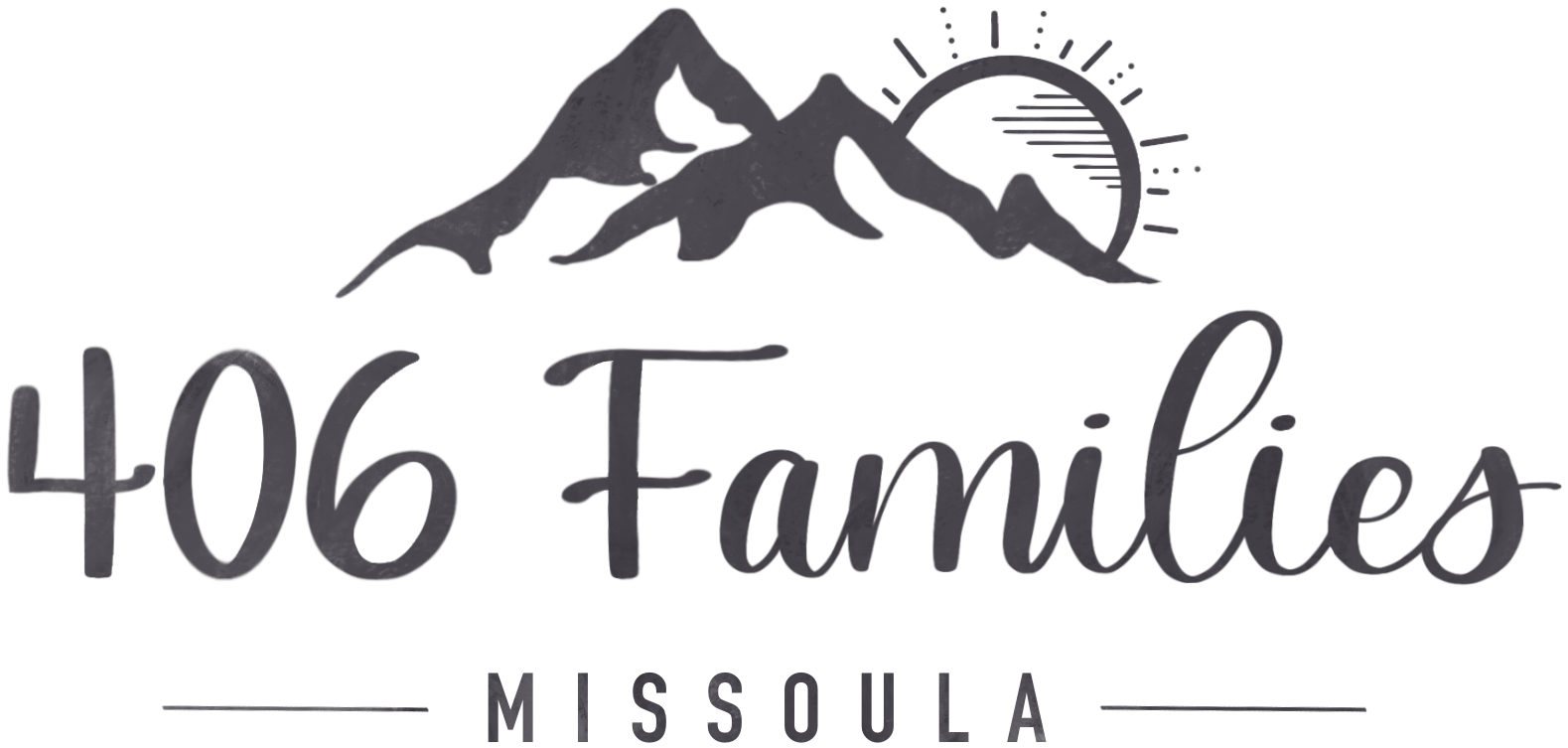Here’s How I Explain White Privilege to My Kids
Let's say when we're born, we are all born with some playing cards. Everyone gets the same amount of cards, but the distribution isn't completely random. White people get more face cards and Black, Indigenous, and People of Color get more number cards. Some white people are born with only face cards and some BIPOC are born with only number cards. Were the white people more deserving of face cards? Of course not, but the white people who came before them established this hierarchy and it has continued for generations.
Throughout our lifetime, we have opportunities to use and trade in our cards for even better cards. The more face cards we have, the better hand we can end up with. It's equal parts strategy and luck, but the players with more face cards often do better at the game.
Eventually, all the players secretly realize the hands they were originally dealt contributed to their success, but acknowledging that white people got better cards comes at a cost. They might be asked to redistribute their cards more fairly. And they don't want to do that. So instead they put all their energy into denying the awesome cards they were dealt at the beginning of their life. They lean on the one or two number cards they were dealt as evidence that they too got some bad cards.
Sometimes the work that it takes them to deny this makes them angry and defensive. Sometimes it hurts their feelings. Sometimes they make the choice not to work through this discomfort and blame it on others.
But their actions don't reflect the reality of the cards in their hand, and inside they know it. That's just their poker face.


